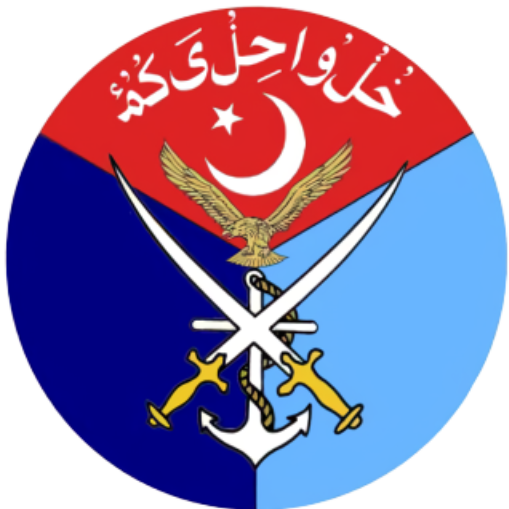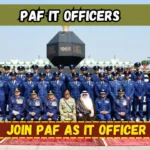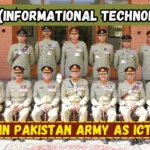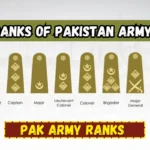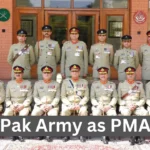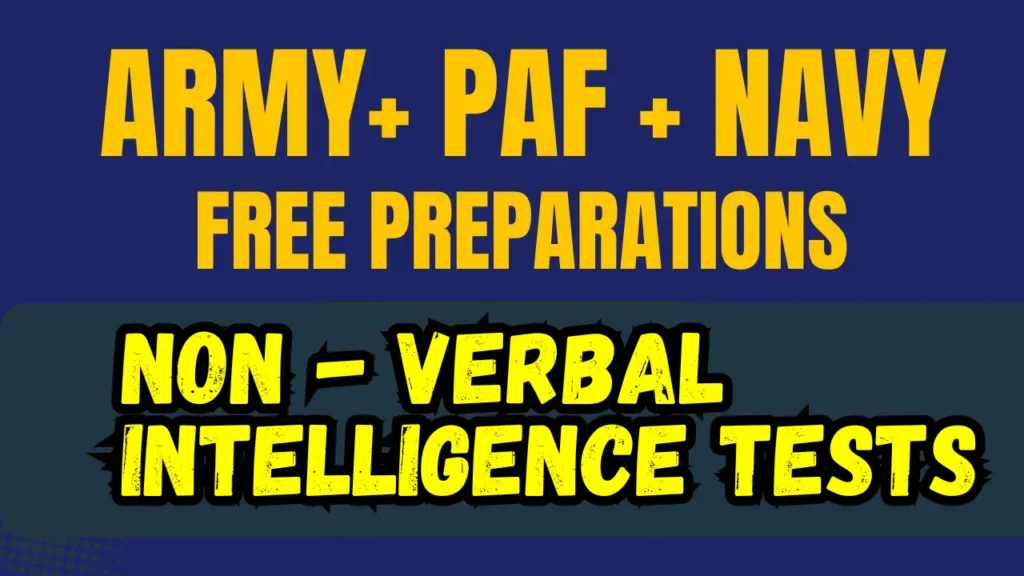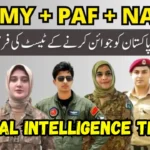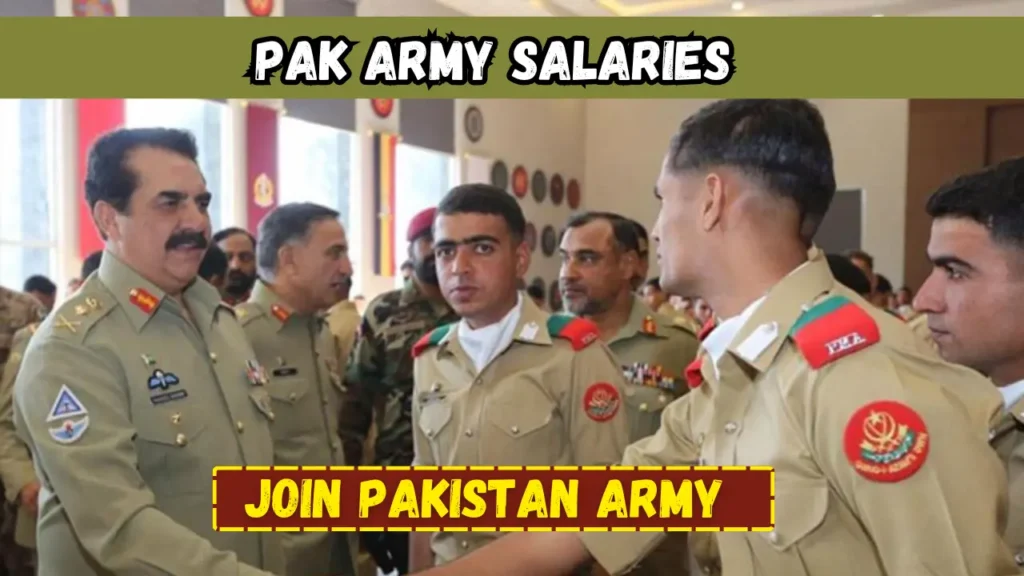We will talk in detail about Non Verbal Intelligence Tests in Pakistan Army , Navy , PAF Induction Courses.
Introduction of Non Verbal Intelligence Test
Non-verbal intelligence tests play a crucial role in various professional and academic fields, particularly in military selection processes. These tests assess a candidate’s ability to solve problems and think logically without relying on verbal communication. In the context of the Pakistan Army, non-verbal intelligence tests are used to ensure that recruits possess the cognitive skills necessary for complex decision-making and strategic planning.
Understanding Non Verbal Intelligence Test
Definition and Key Concepts
Non-verbal intelligence refers to the ability to understand and solve problems without the use of language. It encompasses a range of cognitive skills such as pattern recognition, spatial reasoning, and abstract thinking. Unlike verbal intelligence, which relies on language and communication, non-verbal intelligence focuses on visual and spatial problem-solving.
Difference Between Verbal and Non Verbal Intelligence Test
While verbal intelligence involves skills such as reading comprehension, vocabulary, and grammar, non-verbal intelligence is concerned with interpreting and analyzing visual information. Non-verbal intelligence tests are particularly useful in situations where language barriers may exist, or where complex spatial reasoning is required.
Read Also : Complete Details of Join Pak Army as PMA Long Course
Role of Non Verbal Intelligence Test in Pakistan Army Induction
Historical Context
Historically, the Pakistan Army has relied on various selection criteria to identify suitable candidates. Non-verbal intelligence tests have become increasingly important as they offer an objective measure of a candidate’s cognitive abilities, independent of their verbal skills.
Current Application in Selection Processes
Today, non-verbal intelligence tests are integrated into the Pakistan Army’s selection process to assess candidates’ problem-solving capabilities and their ability to handle complex situations. These tests help ensure that recruits have the mental agility and strategic thinking required for military operations.
Types of Non Verbal Intelligence Test
Abstract Reasoning
Abstract reasoning tests evaluate a candidate’s ability to understand and apply patterns and relationships. These tests often involve identifying patterns or sequences in abstract shapes or figures. For example, candidates may be required to select the shape that completes a pattern.
Spatial Reasoning
Spatial reasoning tests assess a candidate’s ability to visualize and manipulate objects in space. This can include tasks such as mentally rotating objects or understanding how different parts fit together. Spatial reasoning is critical for tasks that involve navigation or mechanical problem-solving.
Pattern Recognition
Pattern recognition tests involve identifying patterns or trends within a set of data or images. Candidates may need to find the next item in a sequence or determine the rule governing a series of shapes. This type of test is important for tasks requiring attention to detail and analytical skills.
Analytical Reasoning
Analytical reasoning tests focus on evaluating a candidate’s ability to solve complex problems by analyzing information and drawing logical conclusions. These tests often present scenarios where candidates must identify relationships and make decisions based on given data.
Read Also : What is Verbal Inteligence Test ? Its Importance and Preparation of Verbal Inteligence?
Benefits of Non Verbal Intelligence Test
Enhancing Objectivity in Selection
Non-verbal intelligence tests provide an objective measure of cognitive abilities, reducing the influence of personal biases and subjective judgments in the selection process.
Reducing Cultural Bias
Because non-verbal intelligence tests do not rely on language, they are less affected by cultural differences and educational backgrounds. This ensures a fairer evaluation of candidates from diverse backgrounds.
Identifying Natural Problem-Solving Skills
These tests help identify candidates who possess inherent problem-solving skills and the ability to think critically. This is particularly valuable in military settings where quick thinking and strategic planning are essential.
official website of Join Pak Army
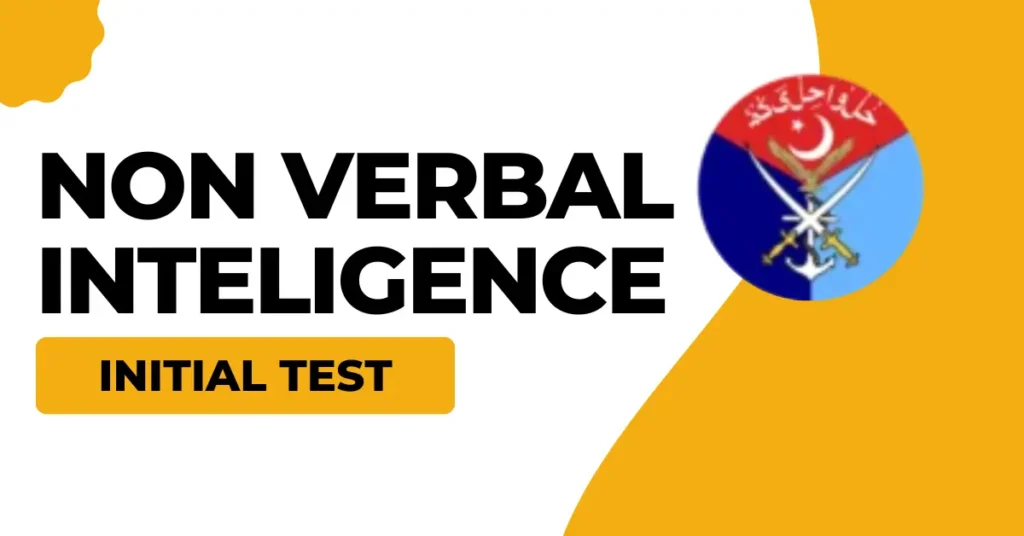
Challenges in Implementing Non Verbal Intelligence Test
Standardization Issues
One challenge is ensuring that non-verbal intelligence tests are standardized and reliable across different contexts and populations. Variations in test administration and interpretation can affect the consistency of results.
Interpretation of Results
Interpreting the results of non-verbal intelligence tests can be complex. It requires trained professionals to accurately assess and understand the implications of the test scores.
Training and Resources
Implementing non-verbal intelligence tests requires proper training for those administering and interpreting the tests. Additionally, resources must be allocated to ensure the tests are administered effectively and fairly.
Read Also : Complete Details , Contacts and Address of Army Selection and Recruitment Centers in Pakistan
Case Studies about Non Verbal Intelligence Test
Success Stories from Other Countries
Several countries have successfully integrated non-verbal intelligence tests into their military selection processes. For example, the United States and the United Kingdom use similar tests to assess recruits’ cognitive abilities and problem-solving skills.
Application in Pakistan Army
The Pakistan Army has adopted non-verbal intelligence tests to enhance the recruitment process and ensure that candidates possess the necessary cognitive skills. This approach has led to more effective selection and training of recruits.
Future Directions
Advancements in Testing Methods
Future advancements in non-verbal intelligence testing may include the use of technology and computer-based assessments to improve accuracy and efficiency.
Integration with Other Assessment Tools
Combining non-verbal intelligence tests with other assessment tools, such as psychological evaluations and physical fitness tests, can provide a more comprehensive view of a candidate’s suitability for military service.
Conclusion
Non-verbal intelligence tests play a vital role in the induction process of the Pakistan Army by providing an objective measure of cognitive abilities. These tests help identify candidates with the problem-solving skills and strategic thinking necessary for military operations. While challenges exist in implementing these tests, their benefits in reducing bias and enhancing the selection process make them an essential component of recruitment.
FAQs
What is Non Verbal Intelligence Test?
Non-verbal intelligence tests assess cognitive abilities without relying on language. They focus on visual and spatial problem-solving skills.
Why are Non-Verbal Intelligence Tests important for the Pakistan Army?
These tests are crucial for identifying recruits with strong problem-solving skills and strategic thinking abilities, which are essential for military operations.
How do Non Verbal Intelligence Test differ from Verbal Tests?
Non-verbal intelligence tests do not rely on language and focus on visual and spatial reasoning, whereas verbal tests assess language and communication skills.
What are some examples of Non Verbal Intelligence Test ?
Examples include abstract reasoning, spatial reasoning, pattern recognition, and analytical reasoning tests.
How can candidates prepare for these tests?
Candidates can prepare by practicing sample questions, familiarizing themselves with test formats, and improving their problem-solving and spatial reasoning skills.
